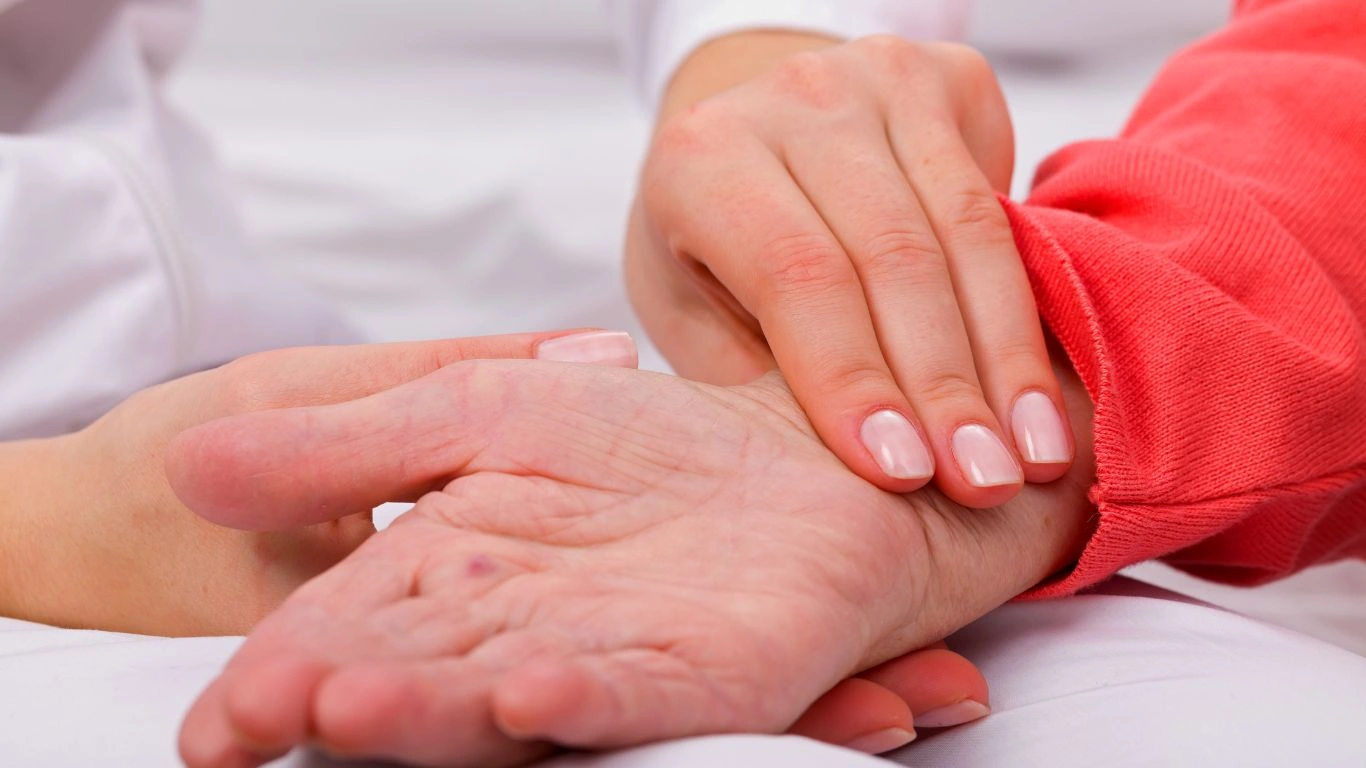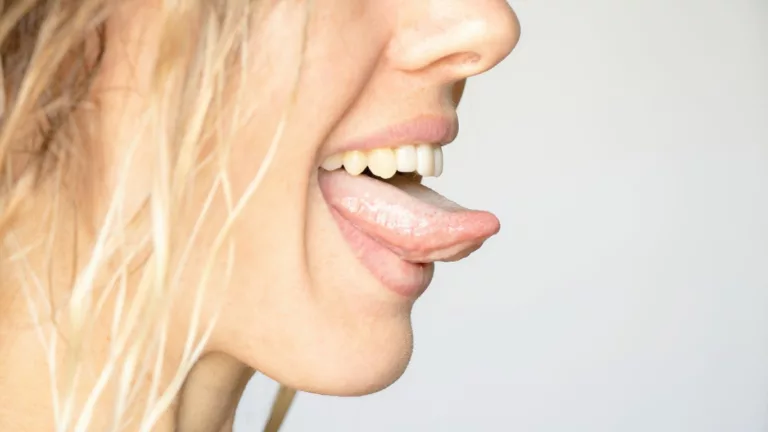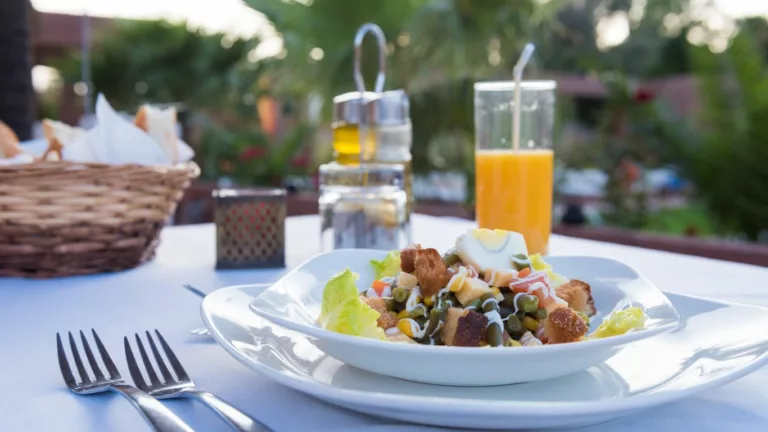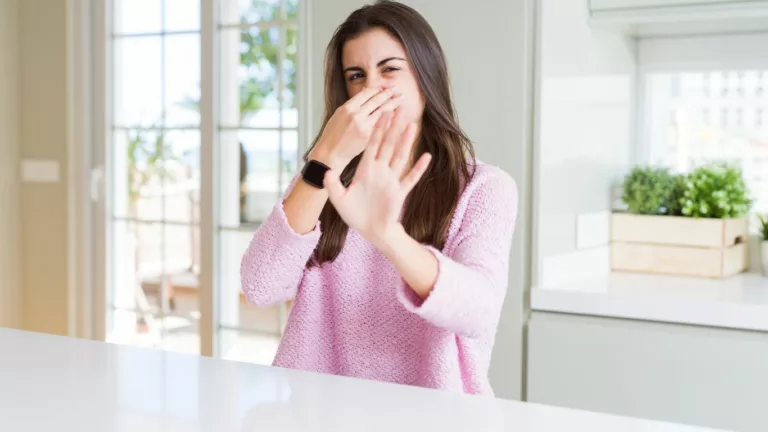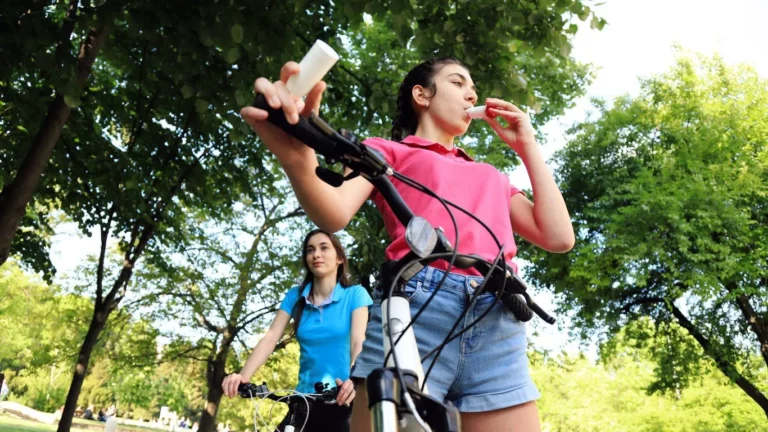Effective Ways to Manage Blood Pressure Without Medication Naturally
Managing blood pressure without medication is something I’ve seen countless patients eager to explore in my years as an Internal Medicine Physician specializing in hypertension management. It’s totally understandable—who wouldn’t want to control their health naturally, avoiding the side effects and complexities that sometimes come with medications? The truth is, while medications are lifesaving and necessary for many, there’s a lot you can do through lifestyle changes to keep your blood pressure in check. And I’m here to share some of the practical insights and tried-and-true strategies I’ve picked up from both clinical practice and the latest research.
Understanding Blood Pressure and Why Managing It Matters
Before diving into ways to manage blood pressure without medication, it’s helpful to understand what blood pressure really is. In simple terms, it’s the force of blood pushing against the walls of your arteries. When this pressure stays too high for too long, it puts stress on your heart and blood vessels, increasing the risk for heart attacks, strokes, and kidney problems.
I often explain to patients that blood pressure isn’t just a number—it’s a dynamic indicator of your cardiovascular health. When you learn how to influence it positively, you’re not just avoiding medication; you’re actually improving your overall wellness. This mindset shift is critical and one I try to instill early on in every consultation.
The Role of Lifestyle in Blood Pressure Control
Lifestyle modifications are the cornerstone of managing blood pressure without medication. These are not just generic suggestions but targeted changes backed by years of clinical experience and scientific evidence. Here’s why they matter:
- Sustainable impact: Small, consistent changes often yield better long-term results than quick fixes.
- Holistic benefits: Improvements in diet, activity, and stress management affect multiple aspects of health, not just blood pressure.
- Empowerment: Taking charge of your health fosters confidence and motivation, which are essential for lasting change.
When patients commit to these adjustments, I’ve seen remarkable improvements—even in cases initially thought to require immediate medication.
Managing Blood Pressure Without Medication: Practical Steps That Work

Now, let’s get into some of the most effective ways to manage blood pressure naturally. I always remind my patients that these strategies are best combined rather than followed in isolation—kind of like building blocks that support your cardiovascular system from different angles.
1. Mind Your Diet: The Power of Food
One of the most potent tools at your disposal is what you eat. I’m a big advocate of the DASH diet (Dietary Approaches to Stop Hypertension) because it’s simple, balanced, and sustainable. In my clinic, I emphasize:
- Cutting down on sodium: Too much salt can spike your blood pressure. Aim to keep it below 1,500 mg a day if you’re at risk.
- Eating plenty of fruits and vegetables: These are rich in potassium, magnesium, and fiber, all crucial for blood pressure regulation.
- Choosing whole grains over refined carbs: Whole grains stabilize blood sugar and improve heart health.
- Limiting processed foods and sugary drinks: These add empty calories and promote inflammation.
In my experience, patients who embrace this approach not only see their numbers improve but also feel more energized and less bloated.
2. Move More, Sit Less
Exercise is another game-changer. You don’t have to train for a marathon or join a fancy gym. Even moderate physical activity—like brisk walking, cycling, or swimming—done for 30 minutes most days of the week can lower your blood pressure by a significant margin.
I always encourage patients to find something they enjoy because consistency beats intensity. Plus, exercise helps reduce stress, promotes better sleep, and strengthens the heart muscle itself.
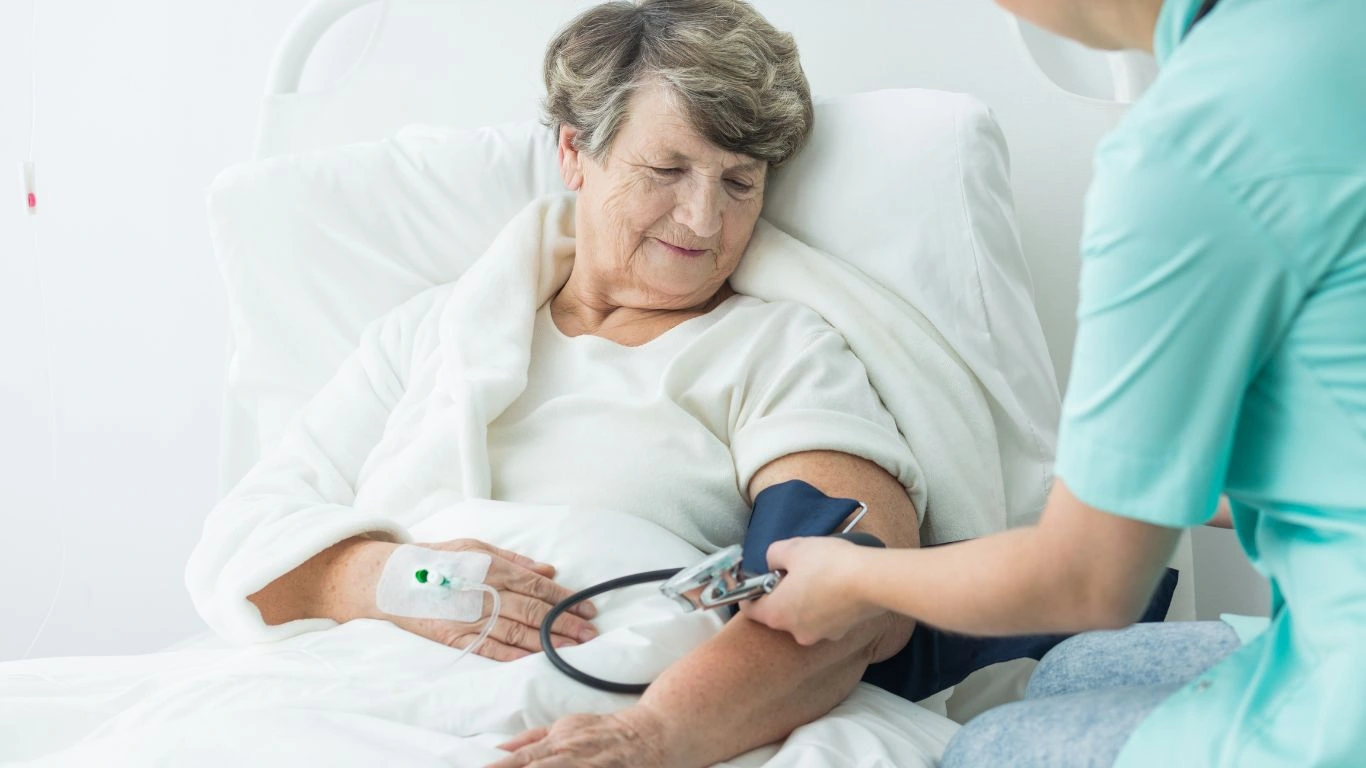
3. Stress Management: More Than Just Relaxing
Stress is often overlooked but can silently sabotage your blood pressure control efforts. Over the years, I’ve found that integrating stress reduction techniques is crucial—especially for those juggling busy lives or chronic conditions.
Some of my go-to recommendations include:
- Mindfulness meditation: Just a few minutes a day can lower stress hormones.
- Deep breathing exercises: Helps calm the nervous system immediately.
- Regular breaks and enjoyable hobbies: Keep your mental health in check, which translates to better physical health.
In practice, patients who take stress seriously often notice better blood pressure readings without extra medications.
More Lifestyle Tweaks for Managing Blood Pressure Without Medication
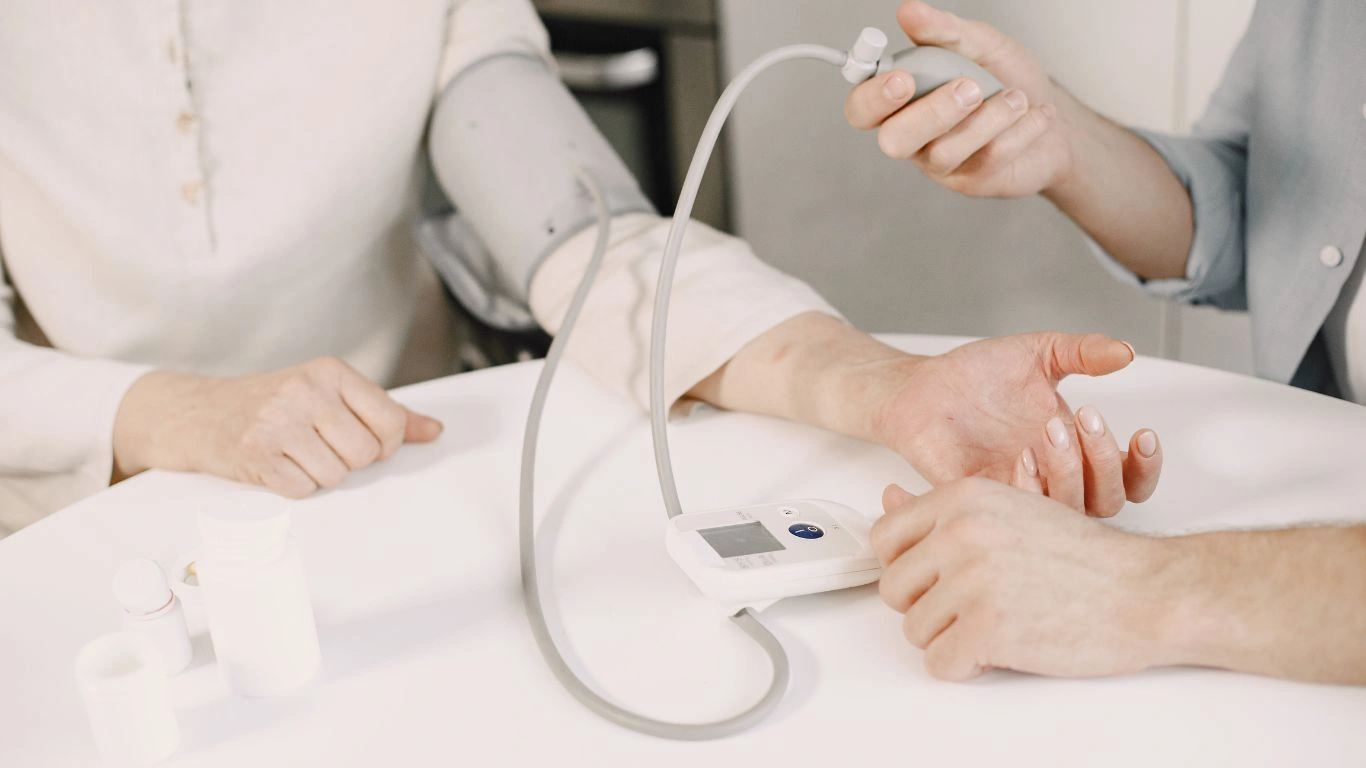
Building on the foundational lifestyle changes we talked about earlier, there are several other practical steps that can significantly help in managing blood pressure without medication. Over my years in clinical practice, I’ve seen how these often overlooked habits make a big difference when combined with diet, exercise, and stress management.
4. Keep an Eye on Your Weight
It’s no secret that excess body weight puts extra strain on the heart and blood vessels, making blood pressure control harder. I always remind my patients that even losing a modest 5-10% of body weight can lower blood pressure substantially. You don’t have to aim for perfection—small, steady progress is key.
One patient I worked with struggled for years with borderline hypertension. After adopting a healthier eating pattern and increasing her physical activity, she lost about 15 pounds over six months. Her blood pressure dropped to a safe range without any medication, and she felt more confident and motivated than ever.
5. Limit Alcohol Intake
Many people don’t realize how alcohol can influence blood pressure. While a little wine or beer now and then might seem harmless, regular excessive drinking can elevate your numbers. In my practice, I advise patients to keep alcohol consumption moderate:
- Up to one drink per day for women
- Up to two drinks per day for men
When patients cut back or stop drinking altogether, I often see a marked improvement in blood pressure readings within weeks.
6. Quit Smoking: A Non-Negotiable Step
I can’t stress this enough: smoking not only raises your blood pressure temporarily but also damages your blood vessels over time, making hypertension management more difficult. I’ve supported many patients through quitting smoking, and the benefits are almost immediate—not just for blood pressure, but for overall cardiovascular health.
If quitting feels overwhelming, don’t hesitate to seek support from your healthcare provider. There are plenty of tools and medications that can ease the process.

The Importance of Monitoring and Consistency
Managing blood pressure without medication doesn’t mean setting it and forgetting it. Regular monitoring is essential, and it’s one area where many patients can take a more active role. When I counsel patients, I always recommend home blood pressure monitors that are validated for accuracy. Tracking your numbers over time helps you understand how your lifestyle changes are working and allows for early detection if something isn’t quite right.
How Often Should You Check Your Blood Pressure?
The answer varies, but here’s a general guideline based on my clinical experience:
- If you’re newly diagnosed or making lifestyle changes: check your blood pressure once or twice daily for the first week or two.
- Once your readings stabilize and you feel confident, monitoring 3-4 times per week is sufficient.
- Always bring your readings to your doctor visits to guide any necessary adjustments.
Remember, the goal is to empower you—not to obsess over numbers. Use your readings as a tool, not a source of anxiety.
When to Seek Medical Advice
Even with the best intentions and efforts, some people may still need medication to keep their blood pressure safe. That’s perfectly okay and nothing to feel bad about. I always tell my patients that medication is just one part of a comprehensive plan. If your blood pressure remains consistently above 140/90 mmHg despite lifestyle changes, or if you have symptoms like headaches, dizziness, or chest discomfort, it’s time to consult your healthcare provider.
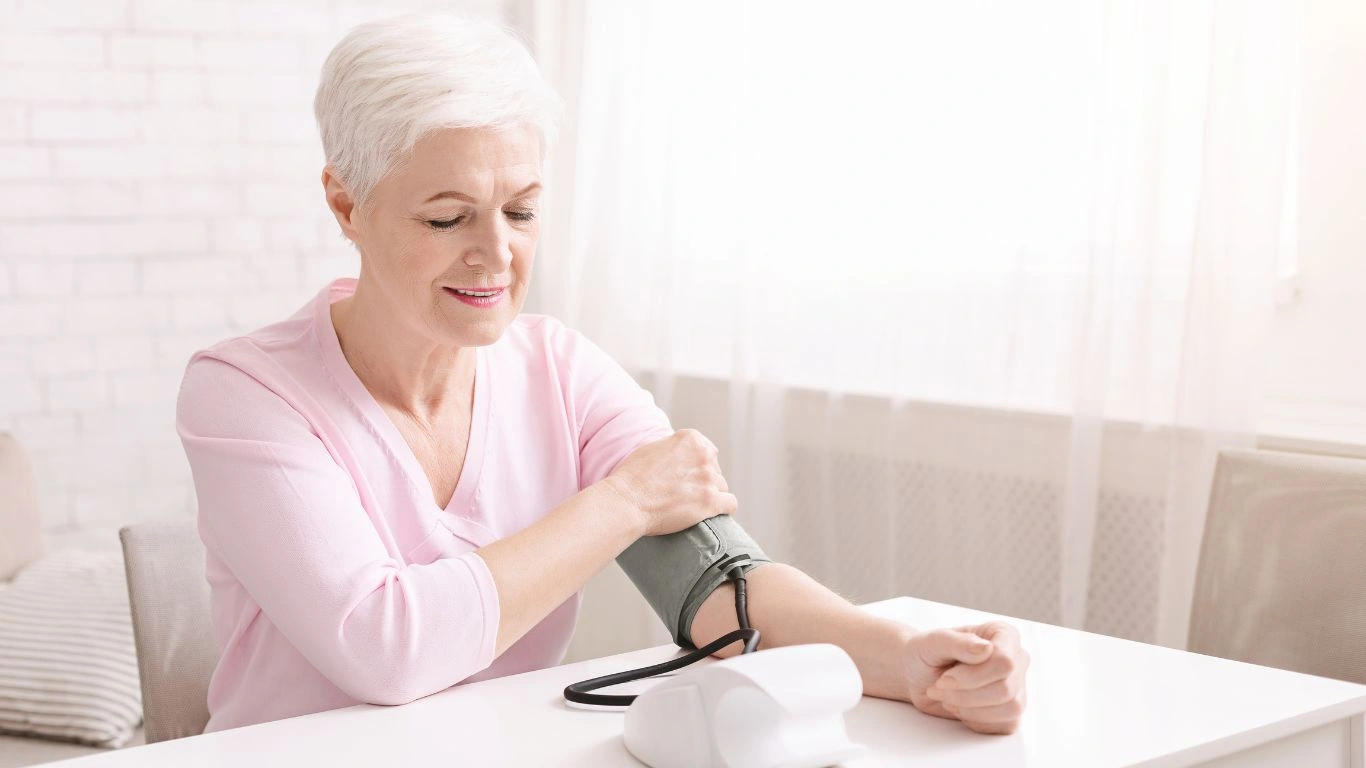
Additional Natural Aids to Support Blood Pressure Control
Beyond the basics, there are several natural supplements and practices that some patients find helpful. While these aren’t substitutes for core lifestyle changes, they can be valuable adjuncts when used thoughtfully and under medical supervision.
Supplements and Nutrients
I often get asked about supplements, and my approach is cautious but open-minded. Here are a few with some evidence backing their benefit for blood pressure:
- Magnesium: Helps relax blood vessels and can reduce blood pressure in some individuals.
- Omega-3 fatty acids: Found in fish oil, these support heart health and may lower blood pressure modestly.
- Coenzyme Q10: Has antioxidant properties and might improve endothelial function.
If you’re considering supplements, talk to your healthcare provider first, especially if you’re on other medications.
Practices Like Yoga and Tai Chi
Mind-body practices that combine gentle movement, breathing, and meditation are gaining popularity for hypertension management. Personally, I’ve recommended yoga or tai chi to many patients who find them enjoyable and stress-relieving. Besides reducing stress, these practices promote flexibility, balance, and overall cardiovascular health.
Patients who stick with them often report not only lower blood pressure but also improved mood and sleep quality—two crucial factors in holistic blood pressure management.
Making Long-Term Changes: Staying Committed to Managing Blood Pressure Without Medication
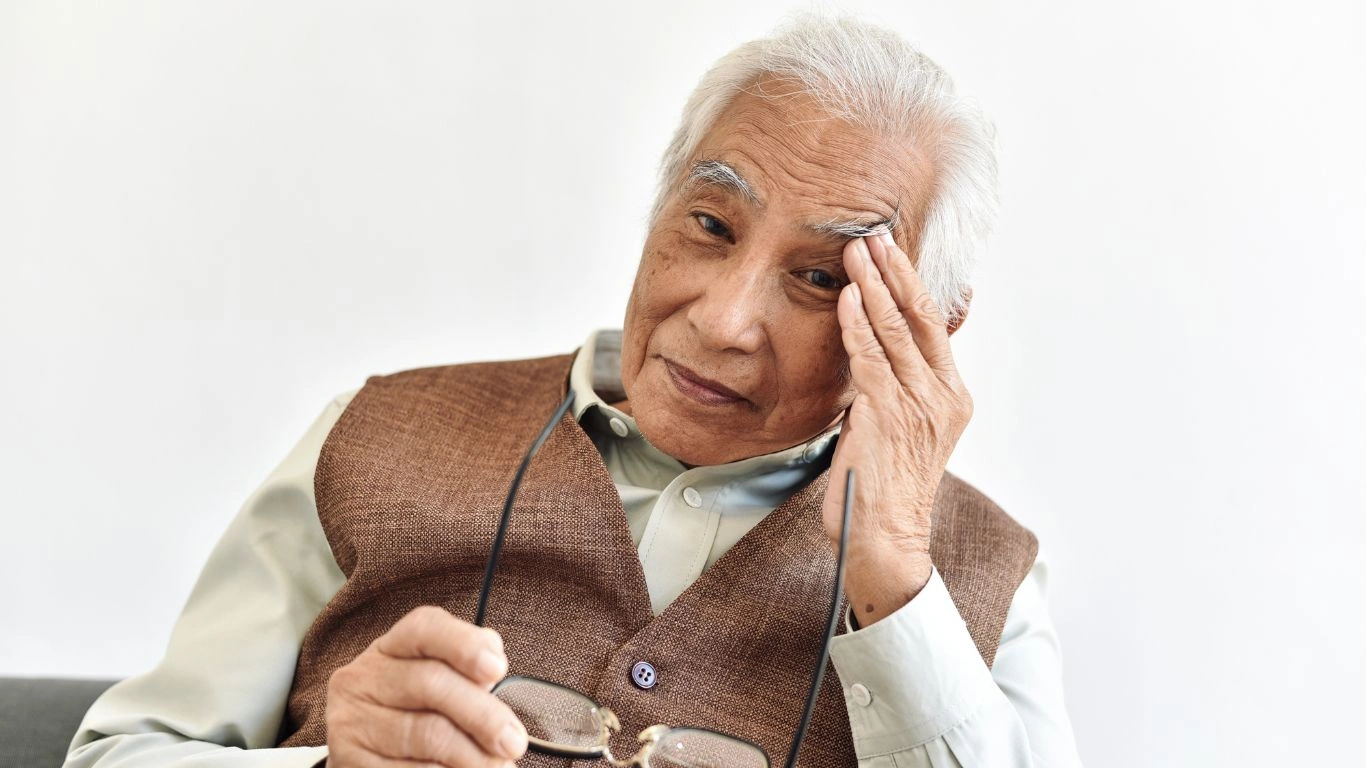
After working with hundreds of patients over the years, one of the biggest challenges I see is not just starting healthy habits but maintaining them long term. Managing blood pressure without medication isn’t a quick fix—it’s a lifelong commitment to your health. But here’s the good news: it doesn’t have to feel overwhelming or restrictive if you approach it the right way.
From my clinical experience, a few key mindsets and practical tips can make all the difference in keeping your blood pressure in check naturally:
Set Realistic, Flexible Goals
One thing I always emphasize is that perfection isn’t the goal—progress is. It’s much better to aim for small, sustainable steps rather than drastic changes that are hard to maintain. For example, maybe start by adding an extra serving of veggies at dinner or swapping soda for sparkling water once a day. Over time, these small wins build momentum.
I’ve seen patients feel discouraged when they slip up occasionally. I always remind them that one missed workout or indulgent meal doesn’t erase their progress. The key is getting back on track without guilt or shame.
Use Support Systems to Stay on Track
Having a support network can be a game changer. Whether it’s family, friends, or a healthcare team, sharing your goals and progress helps keep you accountable and motivated. Some patients join local walking groups or online forums where they exchange tips and encouragement.
In my practice, I encourage patients to bring their loved ones into the conversation about lifestyle changes—sometimes making these adjustments together can make them more enjoyable and easier to stick with.
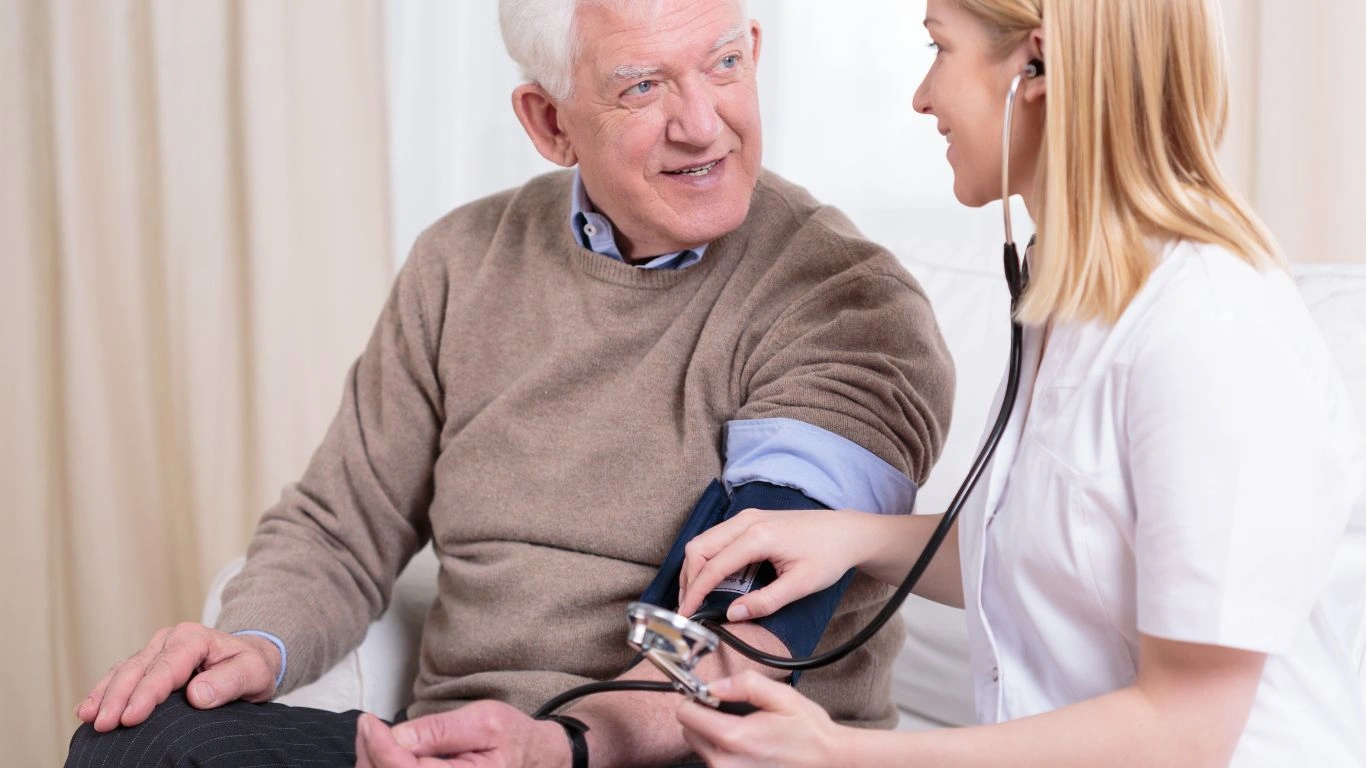
Track Your Progress and Celebrate Successes
Keeping a simple journal or using apps to track your blood pressure readings, diet, and activity can provide valuable feedback. This practice helps you identify patterns—like how stress or certain foods impact your numbers—and reinforces positive habits.
Celebrating milestones, no matter how small, can boost motivation. Maybe it’s a week of consistent exercise, or a noticeable drop in blood pressure after dietary changes. These moments deserve recognition and serve as reminders of your capability to control your health.
When Medication Becomes Necessary: Embracing a Balanced Approach
Despite best efforts, some people may still need medication to safely manage their blood pressure. This doesn’t mean you’ve failed or that lifestyle changes weren’t worthwhile. In fact, combining medication with healthy habits often provides the best outcomes.
From my perspective as a physician, medication should be seen as a helpful tool—not a lifelong sentence. Many patients successfully reduce or stop medications over time through diligent lifestyle management under medical supervision.
It’s important to communicate openly with your healthcare provider about your preferences and progress. Together, you can tailor a plan that balances medication use and natural strategies for optimal heart health.
Monitoring and Follow-Up
Regular check-ups remain vital, especially if you’re using medication alongside lifestyle changes. I always stress that blood pressure management is a dynamic process. Factors like age, stress levels, and other health conditions can influence your needs.
Frequent monitoring helps catch any issues early and allows adjustments before problems arise. It’s all about staying proactive and informed.
Final Thoughts on Managing Blood Pressure Without Medication
Managing blood pressure naturally is not only possible but empowering. By focusing on holistic lifestyle changes—balanced nutrition, regular exercise, stress management, and smart monitoring—you take control of your cardiovascular health in a meaningful way.
As a physician, seeing patients transform their health through these efforts is incredibly rewarding. Remember, your journey is unique, and it’s okay to seek help when needed. Whether you ultimately need medication or not, the habits you build today lay the foundation for a healthier tomorrow.
References and Resources
- American Heart Association
- Centers for Disease Control and Prevention – Blood Pressure
- National Heart, Lung, and Blood Institute
- American Gastroenterological Association
Disclaimer
This article is for informational purposes only and does not substitute professional medical advice, diagnosis, or treatment. Always consult your healthcare provider before making any changes to your health regimen, especially if you have existing medical conditions or are taking medications. Individual needs and responses to lifestyle changes can vary.

Dr. Gwenna Aazee is a board-certified Internal Medicine Physician with a special focus on hypertension management, chronic disease prevention, and patient education. With years of experience in both clinical practice and medical writing, she’s passionate about turning evidence-based medicine into accessible, actionable advice. Through her work at Healthusias.com, Dr. Aazee empowers readers to take charge of their health with confidence and clarity. Off the clock, she enjoys deep dives into nutrition research, long walks with her rescue pup, and simplifying medical jargon one article at a time.

